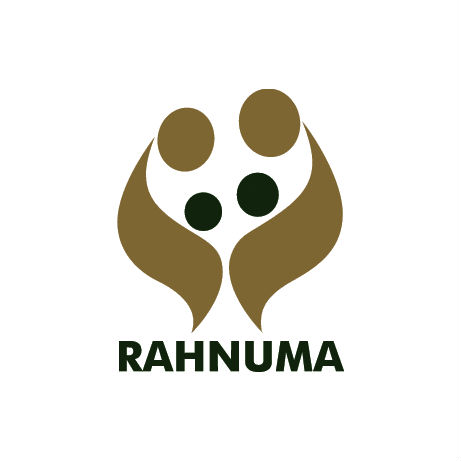

| 31 March 2016
Rahnuma-Family Planning Association of Pakistan
Rahnuma (formerly the Family Planning Association of Pakistan or FPAP) started serving poor and marginalized people in Pakistan as the Family Planning Association of Pakistan (FPAP) in 1953. After over 50 years of momentous achievements, the FPAP felt that its name did not fully reflect the scope of its work. It renamed itself ‘Rahnuma’, an Urdu word meaning 'one who shows the path and provides direction'. Rahnuma was one of the pioneers in providing family planning services and advocating for spacing of childbirth and for smaller families. The government later embraced the cause by establishing the Ministry of Population Welfare. In the space of a decade, Rahnuma grew from a single clinic, based in 1 room in Karachi, to a large-scale operation with an infrastructure of district branches offering model clinics and information and educational facilities. Today, the network operates nearly 5,000 service points, comprising 118 permanent clinics, 11 mobile units, 191 associated clinics and over 2,000 community-based distributors/services (CBDs/CBSs). It also handles referrals to over 2,143 private physicians. Rahnuma has developed innovative programmes to increase access to high-quality, affordable health services. It has advocated for a rights-based approach to sexual and reproductive health (SRH), for the empowerment of particular groups within communities (especially women and young girls), and for the strengthening of civil society in Pakistan. As the sexual and reproductive health and rights (SRHR) agenda has shifted over the years, Rahnuma has increasingly embraced SRHR in the context of national development and poverty alleviation, owing to the direct connection between socio-economic conditions and health and well-being. Contacts Website: http://www.fpapak.org Facebook: https://www.facebook.com/rahnuma.fpap.9 Twitter: https://twitter.com/Rahnuma_FPAP

| 31 March 2016
Association Nigérienne pour le Bien-Etre Familial
Since 1996, the Association Nigérienne pour le Bien-Etre Familial's (ANBEF) have been providing a comprehensive range of sexual and reproductive health (SRH) needs and issues including the prevention and management of HIV and AIDS, antenatal and post-natal care, the provision of post-abortion care in clinics and health huts in rural areas, treatment of male and female infertility, and pre-marital counselling. Importantly, the Member Association also trains young people in income-generating activities. ANBEF reaches out to rural and hard-to-reach communities, including street children, sex workers, vulnerable young people and rural populations. Services are delivered by a team of permanent staff, hundreds of volunteers, peer educators and community-based distributors (CBDs). Given that a very high proportion of 15-19 year olds give birth, and risks of maternal death and rates of child mortality are among the highest in the world, ANBEF fulfils a critical need in Niger that is not met by the private sector or government providers. ANBEF’s expertise has been called upon by the Niger government’s Technical Committee for the development of the national IPCD+10 (International Conference on Population and Development) strategy. The Member Association works with non-governmental organizations including CARE International and FCI Partnerships, and it receives funding from UNFPA and Multisector Programmes (IDA/World Bank). ANBEF works closely with other specialist population, planning, youth, HIV and AIDS and sexually transmitted infection (STI) groups in Niger.







